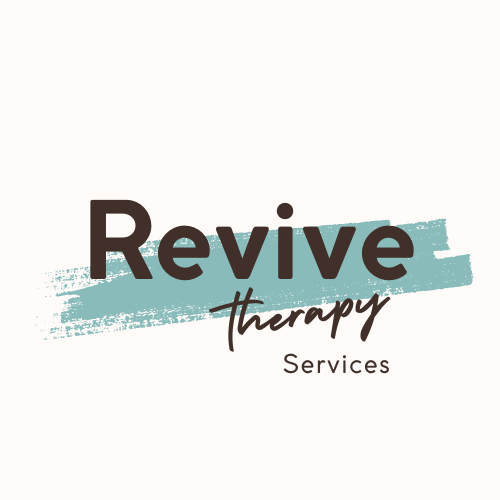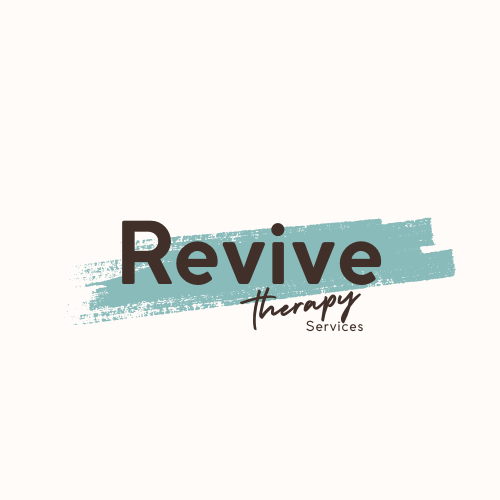When Your Trauma Response Becomes Your Personality: How Somatic Experiencing Helps You Find the Real You
We hear it all the time in trauma therapy here in Philadelphia:
“I’ve always been the strong one.”
“I just don’t feel things like other people.”
“I’m hyper-independent—I’ve learned not to rely on anyone.”
But what if those traits you’ve carried your whole life aren’t actually you?
What if they’re survival strategies—trauma responses that became so automatic, they started to feel like your personality?
This is one of the most common dynamics we see in our work providing trauma therapy in PA, especially for folks with complex trauma, childhood trauma, or ongoing stress in their adult lives. And it’s exactly why Somatic Experiencing (SE) can be so life-changing.
The Trauma Response That Became Your Identity
Let’s break it down:
People-pleasing might be a fawn response—your body’s way of staying safe by avoiding conflict.
Shutting down during tough conversations? That’s not a communication issue—it’s a freeze response.
Always being on high alert or overanalyzing everything? That’s your nervous system stuck in fight or flight.
Needing everyone’s insight before making a decision? That might be a nervous system that learned it’s safer to outsource your truth than risk being “wrong” or rejected.
Waiting for approval to take action? That can come from years of being punished or ignored when you trusted your gut.
These are brilliant, protective responses your body created to survive painful or unsafe experiences. Over time, they can shape how you relate to others, how you move through the world, and how you see yourself.
When those patterns become chronic, you start to lose sight of who you actually are underneath them.
And that’s where Somatic Experiencing comes in.
What Is Somatic Experiencing?
Somatic Experiencing is a body-based approach to trauma healing. It’s not about talking through every detail of your past—it’s about noticing what’s happening right now in your nervous system, and creating space for something new.
At our therapy practice in Philadelphia, we use SE to help clients slowly unwind chronic survival states and reconnect with their bodies in a safe, supported way.
SE focuses on:
Building capacity in your nervous system
Regulating your fight/flight/freeze/fawn responses
Restoring connection to your body’s natural cues
Differentiating the real you from your trauma responses
Why Building Capacity Is So Important
In trauma therapy, especially with Somatic Experiencing, “capacity” refers to your nervous system’s ability to stay present and regulated—even when life gets hard.
When trauma shrinks your capacity, you may:
Get overwhelmed by small stressors
Numb out or shut down emotionally
Feel unsafe or reactive even in safe situations
Avoid conflict, connection, or change because your body feels like it can’t handle it
Building capacity means slowly teaching your nervous system that it can tolerate discomfort without collapsing, disconnecting, or going into survival mode.
And that changes everything.
Because when you have more capacity, you:
Handle life’s ups and downs with more ease
Feel more grounded in your body and decisions
Are less reactive and more responsive
Start to reclaim choices where it used to feel like you had none
This is what makes SE so different from other trauma therapy approaches—it’s not about coping better, it’s about healing the foundation.
Untangling the Real You From the Trauma Response
So how does this actually work in practice?
Let’s say you identify as “hyper-independent.” You’ve always prided yourself on doing everything alone, not needing help, and pushing through even when it’s hard.
In an SE session, instead of challenging that belief with logic, we might get curious:
What happens in your body when you imagine asking for help?
Do you feel tension, collapse, bracing, numbness?
Where do you feel that sensation? How old does it feel?
Can we stay with it—just for a moment—and notice what it’s trying to protect?
This gentle approach helps you realize that what you thought was “just your personality” is actually an old survival strategy.
And when your body starts to feel safe again, you get to choose—do I want to keep doing this? Or is there another way?
It’s not about fixing you. It’s about freeing you.
Trauma Therapy in Philadelphia That Goes Beyond Talking
Many of our clients come to us after trying therapy that didn’t work. They’ve done all the mindset work, all the talking, all the coping strategies—and they’re still stuck.
If that sounds familiar, it’s not your fault.
Traditional talk therapy often doesn’t reach the parts of us that are stored in the body. That’s why body-based trauma therapy, like Somatic Experiencing, is so powerful—because trauma lives in the body, not just the mind.
At Revive Therapy Services in Philadelphia, PA, we specialize in working with people who feel like therapy “should’ve worked by now” but hasn’t.
Through Somatic Experiencing, EMDR, and other trauma-informed modalities, we help you come home to yourself—not the version of you shaped by fear, but the one rooted in connection, safety, and choice.
Ready to Meet the Real You?
If you’re looking for trauma therapy in Philadelphia or anywhere in PA, we’d love to support you.
We offer free 15-minute consultations to help you explore whether Somatic Experiencing (SE) is a good fit for your healing journey. Whether you're navigating trauma, anxiety, chronic stress, or a sense of disconnection from yourself—there is a path forward.
Our compassionate and experienced therapists—Salima, Mary, and Kianna—are here to walk alongside you. During your consultation, we'll help you determine if our approach feels right for you.
You don’t have to keep living in survival mode. The real you is still there—and Somatic Experiencing can help you reconnect with that part of yourself. You're not alone. We're with you every step of the way.




